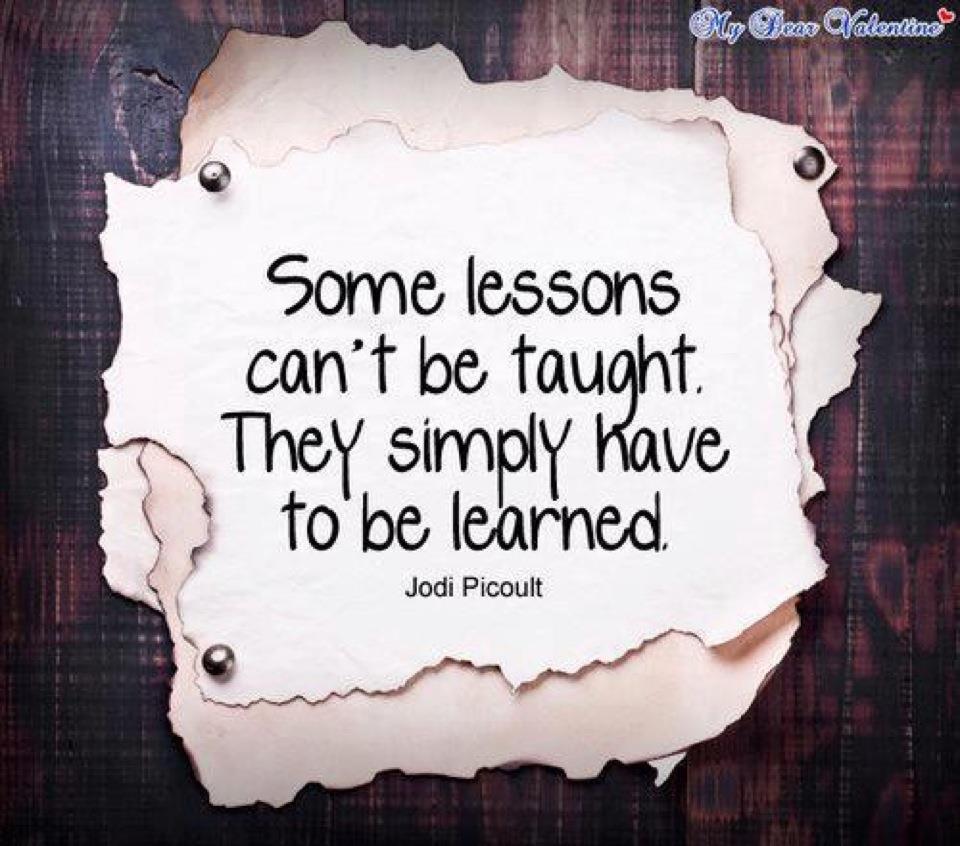Life is often a series of lessons, woven together by experiences that shape our understanding of love and relationships. The heartbreak of losing someone special can be profound, teaching us about ourselves in ways we never anticipated. When it comes to matters of the heart, many of us find ourselves unprepared for the emotional complexities that accompany romantic involvement. Reflecting on the experiences of those who were not ready for a relationship, but found themselves deeply involved nonetheless, reveals a wealth of insight. This article aims to explore those lessons learned, as well as the nuances surrounding love, preparation, and personal growth.
Understanding Readiness
Readiness for a relationship encompasses far more than mere desire. It calls for emotional maturity, clarity of purpose, and a sound understanding of oneself. Preparing to embark on a romantic journey involves introspection and assessment of personal goals, values, and emotional availability. Many individuals, particularly young adults, often plunge into relationships without fully grasping their own needs or the depths of commitment. This lack of preparation creates a fertile ground for misunderstandings and disappointment.
Furthermore, readiness is often influenced by external factors such as life circumstances, mental health, and social pressures. Those juggling significant challenges may find themselves unable to invest fully in a relationship. It is crucial to recognize that readiness isn’t a steadfast condition; it can fluctuate based on one’s current life situation.
The Danger of Idealization
When we enter a relationship too quickly or without adequate readiness, it is common to idealize the other person. We attribute characteristics to them that may only exist in our imagination, creating a surreal portrait of love. This phenomenon, known as “love-blindness,” can lead to unrealistic expectations and, ultimately, disappointment. Idealization prevents individuals from seeing their partner as they truly are, leading to miscommunications and frustrations that eventually erode the foundation of the relationship.
For instance, one might focus solely on a partner’s alluring qualities while ignoring their shortcomings. This selective perception creates a veneer of perfection that, when inevitably shattered, can result in heart-wrenching loss. It is essential to approach relationships with a balanced perspective, understanding that each individual is a complex being with both strengths and weaknesses.
Communication is Crucial
Effective communication serves as the bedrock of any healthy relationship. When individuals are not ready for the complexities of love, they may struggle to express their feelings honestly. This reluctance can stem from fear of being vulnerable or a lack of understanding about what they truly desire. The inability to convey thoughts and emotions often culminates in a breakdown of connection and trust.
Jeopardizing one’s chances at a deep bond, the failure to communicate leads to misunderstandings that can culminate in emotional detachment. Partners may find themselves drifting apart, lost in a sea of unexpressed sentiments, with one party feeling neglected while the other remains oblivious. Therefore, fostering an environment where open dialogue is encouraged can mitigate potential fallout from misunderstandings. The pursuit of emotional honesty allows both partners to express their fears, desires, and expectations without fear of judgment.
Embracing Personal Growth
An essential lesson learned in the aftermath of losing someone due to unpreparedness is the importance of personal growth. Relationships serve as mirrors, reflecting our strengths and weaknesses. When faced with the consequences of a breakup, taking time for self-reflection can lead to profound insights. It can reveal patterns and behaviors that require adjustment, ultimately fostering personal development.
Self-awareness, cultivated through introspection and reflection, positions individuals to enter future relationships with a more defined understanding of their needs and boundaries. This process may include counseling, journaling, or engaging in self-help literature to enhance emotional intelligence. By investing in oneself, one becomes better equipped to establish and sustain satisfying relationships in the future.
Learning to Let Go
Another critical lesson involves the art of letting go. When individuals commit to a relationship without being truly ready, the emotional attachments can become overwhelming. Recognizing the necessity to detach oneself from an ill-fitting partnership can be daunting, but it is often essential for healing. Holding onto a relationship that does not serve one’s well-being can lead to prolonged suffering and emotional stagnation.
Learning to release attachments involves acknowledging that a relationship can be transformative, whether it culminates in lasting love or heartache. Acceptance is not easy; it requires the courage to confront uncomfortable emotions and redefine one’s narrative. Engaging in self-care practices and surrounding oneself with supportive individuals can greatly assist this process, leading to a healthier emotional state.
Conclusion: Moving Forward with Wisdom
The journey of love is laden with trials, and losing someone often emerges as a catalyst for growth. The intertwining themes of readiness, communication, personal growth, and the necessity of letting go provide valuable lessons that can guide future endeavors. While the pain of unpreparedness can feel insurmountable, it ultimately serves as a profound teacher. Embracing the wisdom gleaned from lost relationships fosters resilience and fortifies one’s ability to navigate the complexities of love in the future. By approaching future partnerships with insight and intentionality, one can cultivate deeply enriching connections that are both fulfilling and enduring.

